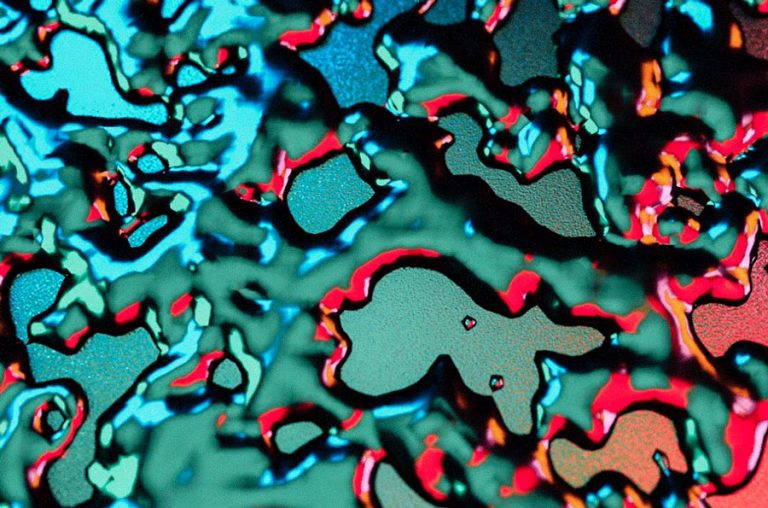Microsoft employee reveals worrying information about the company’s partnership with Chevron
In 1993, not long after the fall of the Soviet Union, Kazakhstan opened its borders to foreign investment. The country’s state-owned energy company agreed to partner with the American oil company Chevron in a joint venture to extract oil. The project, named Tengizchevroil (TCO), was granted an exclusive forty-year right to the Tengiz oil field—one of the largest fields in the world that carries roughly 26 billion barrels of oil.
According to Zero Cool, an anonymous software engineer at Microsoft, who was sent to Tengiz to ‘help’ and who recently wrote a piece for Logic Mag, Chevron has been pouring an excessive amount of money into the joint venture with the goal of using new technology to increase oil production at the site. Big Tech and Big Oil are fraternising, and this is worrying—for you, me, and our planet.
So how exactly is Microsoft helping Chevron?
As illogical is it sounds for most, the collaboration between Big Tech and Big Oil actually makes sense. Tech companies like to portray themselves as advocates for sustainability, but in reality, the biggest names in the tech industry are helping big oil companies to double down on fossil fuels while we protest for measures against climate change. In his article, Zero Cool stated that Big Tech’s foundation of its partnership with Big Oil is based on ‘the cloud’.
Amazon, Google and Microsoft are constantly fighting in what Zero Cool calls the “cloud wars”. And for one of them to win it, it also has to go “where most of the money in the public cloud market will be made,” or in other words, go to Big Oil, which makes up six of the ten biggest companies in the world in terms of revenue. In 2017, Microsoft signed a seven-year deal with Chevron to establish itself as Chevron’s primary cloud provider.
The collaboration means great business for both giants. Chevron is finally able to use more of the data that thousands of oil wells are producing, and Microsoft can access an enormous amount of data through sensors-covered wells that generate more than a terabyte of data per day. It’s a win-win situation that doesn’t seem to stop there.
Zero Cool further explained that “Big Tech doesn’t just supply the infrastructure that enables oil companies to crunch their data. It also offers many of the analytical tools themselves. Cloud services provided by Microsoft, Amazon, and Google have the ability to process and analyze vast amounts of data.” This multi-million-dollar partnership between Microsoft and Chevron was the reason Zero Cool went to Kazakhstan—to help the Tengiz oil field adopt Microsoft’s technology.
What came out of his trip and the harvesting of this amount of data? A new, more efficient way to improve oil exploration explains the Microsoft software engineer, “The traditional way to find a new oil or gas deposit is to perform a seismic survey. This is a technique that sends sound waves into the earth and then analyzes the time it takes for those waves to reflect off of different geological features.” However, interpreting this map is a long process that can take months and involve many geophysicists.
That’s where Microsoft came in, and used computer vision technology to automatically segment different geological features. This right here is the perfect example demonstrating how Big Tech working with Big Oil means big money, big time. Whether it damages our planet in the process seems irrelevant to both industries.
On top of that, Zero Cool also shared another aspect of this partnership, one that won’t be as surprising as the first one. While on site in Kazakhstan, the TCO manager from Chevron asked him if Microsoft could help with better surveilling their workers, to see “if they are doing anything at all.” Zero Cool admitted that him and other Microsoft employees, like most people, disapproved: “When I reflect back on this meeting, it was a surreal experience. Everyone present discussed the idea of building a workplace panopticon with complete normalcy.” The TCO manager ended up claiming that Chevron needed that increased surveillance to improve worker safety.
To conclude his tale, Zero Cool reflected on how he helped Big Tech in accelerating the climate crisis. “How can tech help, instead of hurt, the climate?” he asked. It won’t be easy, but changes that ultimately should come from the top, from the big companies, is slowly coming from the bottom. People working for Big Tech and Big Oil are demanding change, and while it stays ignored for now, persistence is key.






